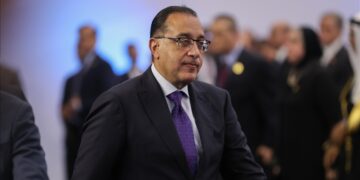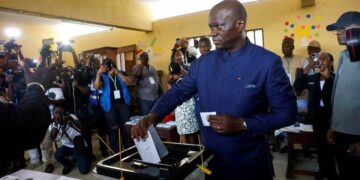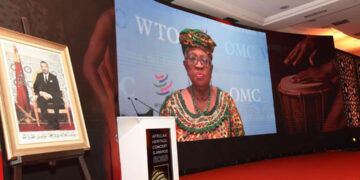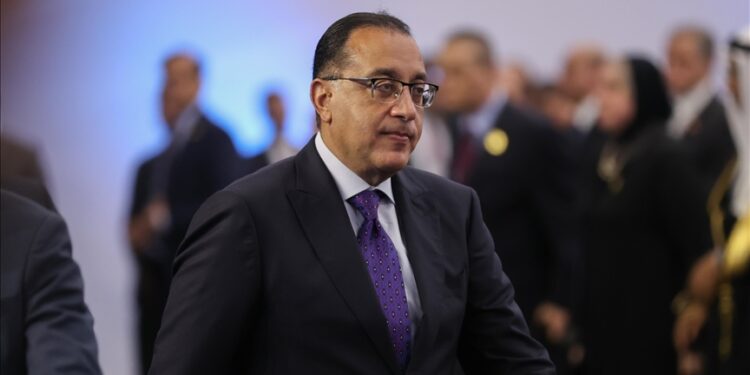By Ebi Kesiena
On Monday, Egyptian President Abdel Fattah El-Sisi reappointed Mustafa Madbouly as Prime Minister. According to a statement from Egypt’s presidency, Madbouly, who has served as prime minister since 2018, has been tasked with forming a new, more capable government to address both domestic and international challenges.
“Today, I assigned Dr. Mostafa Madbouly to form a new government with the necessary expertise and competencies to manage the next phase, aiming to improve government performance and tackle the challenges facing the state,” El-Sisi announced in a post on X.
Earlier same day, Madbouly submitted his government’s resignation, a customary step at the start of a new presidential term.
Madbouly, 58, was first appointed prime minister in June 2018, succeeding Sherif Ismail. Prior to this role, he had served as housing minister since March 2014 and led the United Nations’ HABITAT Regional Office for Arab States as an architect and urban designer.
El-Sisi was sworn in for his third term in April after winning 89.6 percent of the vote in the December election, which faced no serious challengers. There has been no immediate announcement on when the new cabinet will take office.
Heritage Times HT reports that Egypt is faced with security and economic challenges, exacerbated by Israel’s war on Gaza along Egypt’s border. In late May, an Egyptian security force member was killed in a border shooting with Israeli forces near Rafah.
The Egyptian president has been collaborating with the United States to mediate a potential ceasefire between Israel and Hamas and to provide humanitarian aid to Palestinians following the Israeli control of Gaza’s border with Egypt.
As Egypt has struggled with chronic foreign exchange shortages and high inflation over the past two years, there was speculation that Madbouly might be replaced. However, the economy has seen some relief this year following an investment agreement with the United Arab Emirates and other international funding deals, including an expanded loan program with the International Monetary Fund.

































